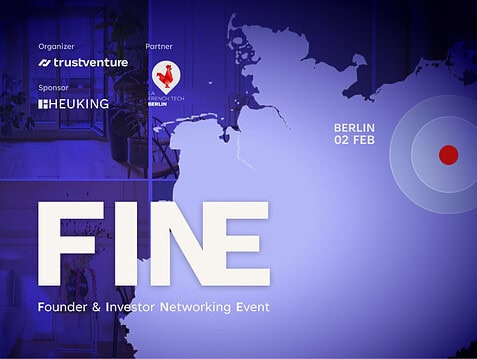A staple of the real economy.
The Consumer Goods and Retail industry is one of the oldest industries in the world. While it will remain so, it is facing several challenges in adapting to a modern world of digital interactions. One of the biggest trends that is expected to continue to shape the industry is the rise of e-commerce. As more and more consumers shift towards online shopping, retailers will need to find ways to adapt and offer a seamless online experience to remain competitive. This will likely involve a greater focus on personalization and the use of technology to create a more engaging shopping experience.
Another trend that is expected to continue to shape the industry is the increasing focus on sustainability and ethical practices. Consumers are becoming more conscious about the impact of their purchasing decisions on the environment and society, and are demanding that retailers offer more sustainable and ethical options. This presents both an opportunity and a challenge for the industry, as meeting these expectations will require significant changes in the way products are sourced, manufactured, and sold.
One of the biggest challenges facing the industry is the growing competition from new entrants, such as digitally native brands and direct-to-consumer companies. These companies are often able to offer a more personalized and convenient shopping experience, and are disrupting traditional business models. To stay competitive, traditional retailers will need to find ways to innovate and differentiate themselves in order to remain relevant to consumers.
Overall, the future of the Consumer Goods and Retail industry is likely
to be characterized by a greater focus on technology, sustainability, and personalization. While these trends present both opportunities and challenges, they also offer the potential for companies to create more engaging and satisfying experiences for consumers.

















